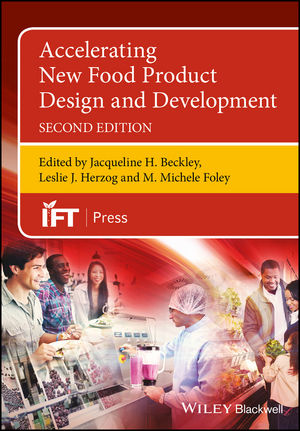More than half of U.S. consumers expressed some level of concern about genetically modified organisms (GMOs). But, when asked to describe GMOs, many consumers were unable to specifically define them. That’s according to a recently released food market report from The NPD Group, a leading global information company.
When The NPD Group asked consumers to tell, in their own words, what the term GMO means, the answers were diverse. Common words used to describe GMOs from consumers were “genetically altered,” “not natural,” while many consumers simply said they “don’t know.”
However, nearly half (44 percent) of consumers say GMOs have some kind of benefit, yet at the same time, a higher percentage has some level of concern.
Genetic modification is defined by the US Department of Agriculture (USDA) as “the production of heritable improvements in plants or animals for specific uses, via either genetic engineering or other more traditional methods.”
The NPD Group points out that GMOs are likely more relevant to consumers right now because of media coverage and various states’ legislative efforts to label genetically modified foods.
This increased awareness could also be a factor in increased levels of concerns about GMOs.
In 2002, 43 percent of consumers expressed any level of concern about genetically modified foods and in 2014, 57 percent of U.S. adults had some level of concern, according to NPD’s Food Safety Monitor, which continually tracks consumer awareness and concern about food safety issues and eating intentions.
As far as levels of concern, less than 10 percent of adults were “very” or “extremely” concerned about GMOs in 2002, but now that concern level is at 20 percent of adults, and has steadily increased.





